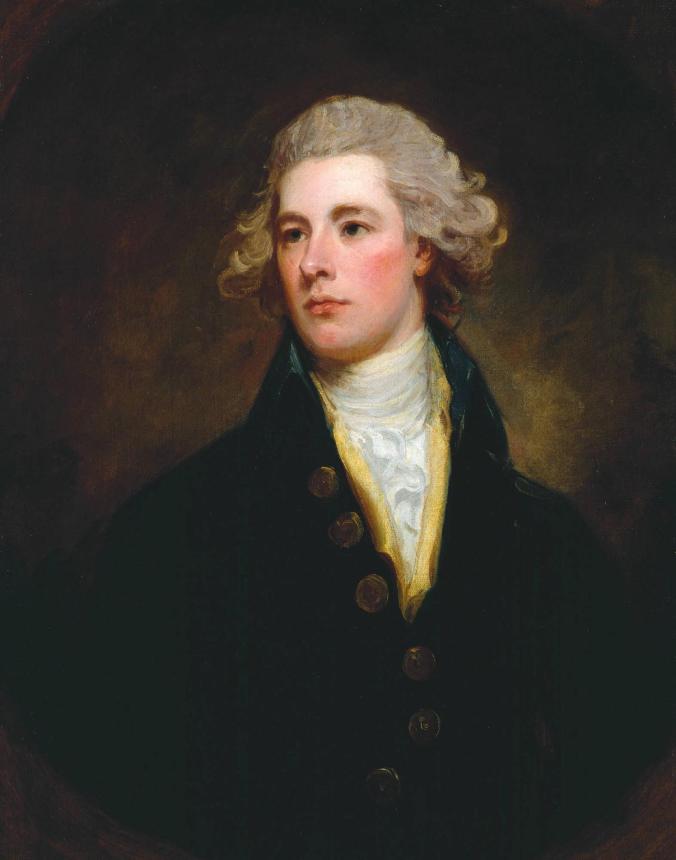One scholar of English history once wrote that the birth of conservative philosophy was an attempt to answer a very important question brought on by the Industrial Revolution:
How do we deal with politics in countries full of large cities, where concentrated working populations live, and that gradually become educated…and eventually dissatisfied?

Britain first addressed this prior to the Americans during the tenure of William Pitt the Younger as Prime Minister of England. There was an issue of rural depopulation, of the type one is prone to see in developing countries in the modern era, as people seeking a better livelihood flocked to what would become the industrial centers of Great Britain.
However, many of these new industrial towns lacked adequate representation in Parliament. Furthermore, the phenomenon of the rotten borough came into existence as nearly depopulated regions of the country still could elect several members to Parliament. Many of these industrial centers, aside from not being represented in government, were also deemed to be politically unstable due to the socioeconomic factors of the environment
We do not need to stretch our imaginations too far to think about what working conditions in these localities must have been like. We could also understand why artisans and workers living in such conditions would be more susceptible to the suggestion of radical political reform. It then becomes understandable that the governing classes could legitimately fear for their lives when Britain and Revolutionary France went to war in 1793…as Paris’ revolutionary government encouraged the lower classes to cast off the chains of the old society.
Coupled with this issue about population migration was the rise of a new class of people within society – the industrialists. Here the problem can be stated as:
How do we treat capitalists, who are often very dissatisfied with the distribution of power amongst the landed elite?
Such a complaint may sound incredibly strange to modern ears. After all, we tend to associate the business community with the power holders in any political system. Up until the rise of financial services sector and the dot.com boom, it was also a bit of stereotype to consider industrialists as part of the conservative movement on both sides of the Atlantic.
As will be demonstrated in the following posts – this wasn’t always the case. The Industrialists as a class of people were originally quite disruptive to both the guardians of traditional values and those who wished to bring about a more radical and utopian reform. Both the Left and the Right would eventually have to make their peace with Capitalism, although partisans would remain every wary about their excesses.
Looking at the landed elite of Britain during the 1700s, the challenges presented by the rising industrial class was more than just an influx of wealth from sources they did not control. The industrialists also tended to be nonconformists, or Protestants not part of the Church of England like the gentry. One individual who might stick out in a reader’s mind would be James Watt, a Presbyterian who invented the Steam Engine and whose last name is used to describe rate of energy conversion in joules per second, ie: Watts of a light bulb. A more obscure reference would be Charles Darwins’ grandfather, Josiah Wedgwood – mostly remembered today for his company that produces fine china and porcelain.
Many of these nonconformist industrialists held great affection for the events of the American and French Revolutions, seeing them as ways to redress the power imbalances between the landed elite and themselves.
In doing so they would start a current of thought, articulated by thinkers such as Adam Smith and David Ricardo, which would place their interests as capitalists at the heart of the modern world.
This trend, although eventually accepted by both mainstream conservatives and liberals, would face stiff resistance from other voices on the Left and the Right.
In the case of conservatives who honored the traditions and customs of the old “economy of personal loyalties,” it would be the agrarian voices that screamed the loudest when confronting the issue of capitalism.